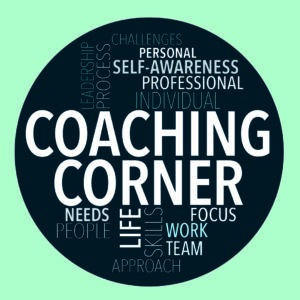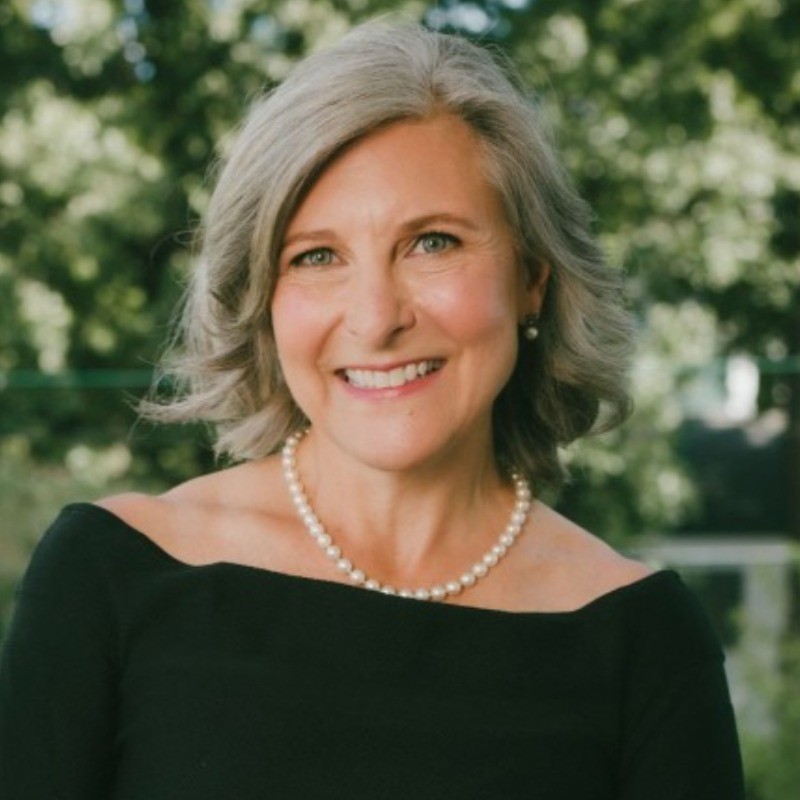
The AI productivity illusion
Confusing efficiency with productivity is to mistake speed for direction, and execution for value. Hamilton Mann explains how to avoid the pitfalls in your AI transformation...
Audio available

Published November 21, 2023 in Coaching Corner • 5 min read • 

But Chris’s IMD coach noticed something. Despite a 360-degree review that suggests a calm demeanor and positive energy, Chris is coming to coaching sessions increasingly late and is visibly distracted. A conversation with the IMD coach reveals that Chris is preparing to announce a slew of redundancies back in the workplace; redundancies that are tied both to performance and structural changes in the organization.
Chris is experiencing feelings of anguish and anxiety that he associates with the difficult conversations ahead. After all, these redundancies will personally and professionally impact members of Chris’s team – a team that has felt bonded and tight through thick and thin. Giving these individuals bad news – being an agent of harm, as Chris puts it – is eliciting strong feelings of guilt and anxiety that are hampering Chris’s progress both at work and in the IMD program.
Chris’s IMD coach kicks off the process by helping him explore the distinction between reality and experience: between the actual context or circumstances of a situation and the assumptions or feelings about that situation. The coach helped Chris understand that our feelings come from how we think about a circumstance – not from the circumstance itself. This engenders an “a-ha” moment. For the first time, Chris is able to separate a necessary and thoughtful business decision (to let people go) from the personal experience of anguish and pain that he is feeling. A second discovery quickly follows. By separating these negative feelings from the actual circumstances, and questioning their provenance, Chris is able to surface new insights around a need to be perceived as a “nice” person; a need to be liked.
Working with the IMD coach, Chris now starts to see that this personal need may be standing in the way of effective leadership. Exploring the Secure Base Leadership model, Chris begins to appreciate that, more than being liked, leadership is about providing safety, comfort, and protection as well as the inspiration to explore and take risks out of their comfort zone.
This is the care and dare model of leadership that empowers others to achieve while honoring their humanity even if – and especially when – that also means giving them “bad news.” Leadership, framed this way, is about giving other people a secure base from which to operate – not about being their friend, creating only comfort, and being liked.

Being a secure base leader is first about building trust. Chris now works with the IMD coach to pinpoint the behaviors and attitudes that engender real trust – among them authenticity, open communication, and, importantly, honoring other people’s agency and voice.
Armed with these new insights, Chris now starts to plan the difficult conversations ahead such that they will be rooted in trust built through affirming the humanity and the agency of the colleagues affected; conversations that will aim to empower the others and not seek to control or orient their feelings or responses around a need to be liked.
With the understanding that Chris cannot control the needs or reactions of other people comes a release of the anxiety and anguish that has been weighing down performance and planning.
The question now becomes: how to best support the colleagues on the receiving end of the news? Chris concludes that providing a safe space for others to react – to feel and express their own emotions – is contingent on three things:
Connecting with the IMD coach a few weeks later, Chris reports that these difficult conversations were far less turbulent than expected. There were no emotional breakdowns – in fact, many colleagues were thankful for the clarity and support Chris was able to offer. Chris reports feeling proud of doing something hard in a way that has honored the humanity and dignity of everyone involved – including his own.
As you ponder these questions, remember that the IMD coaching ecosystem is here to help you at every step of the way.
In the Coaching Corner series, we share real-world, practical coaching scenarios. Read on to discover the specific challenges highlighted in the cases and the insights that could help you navigate and find solutions to your own multifaceted challenges. How might these insights and questions apply to you?

Executive Coach, IMD

January 26, 2026 • by Hamilton Mann in Audio articles
Confusing efficiency with productivity is to mistake speed for direction, and execution for value. Hamilton Mann explains how to avoid the pitfalls in your AI transformation...
 Audio available
Audio available
January 22, 2026 • by Shelley Zalis in Audio articles
Multigenerational teams bring competitive advantages. It’s vital to tap into the wisdom and experience of older workers, urges Shelley Zalis....
 Audio available
Audio available
January 21, 2026 • by Rupa Dash in Audio articles
As women live longer, society must rethink careers and leadership to unlock a longevity-equality dividend that enables women to contribute and lead at every life stage....
 Audio available
Audio available
January 16, 2026 • by Jørgen Vig Knudstorp in Audio articles
Real influence in the boardroom comes not from power or persuasion, but from humility, clarity, and the courage to disagree, says Jørgen Vig Knudstorp...
 Audio available
Audio availableExplore first person business intelligence from top minds curated for a global executive audience